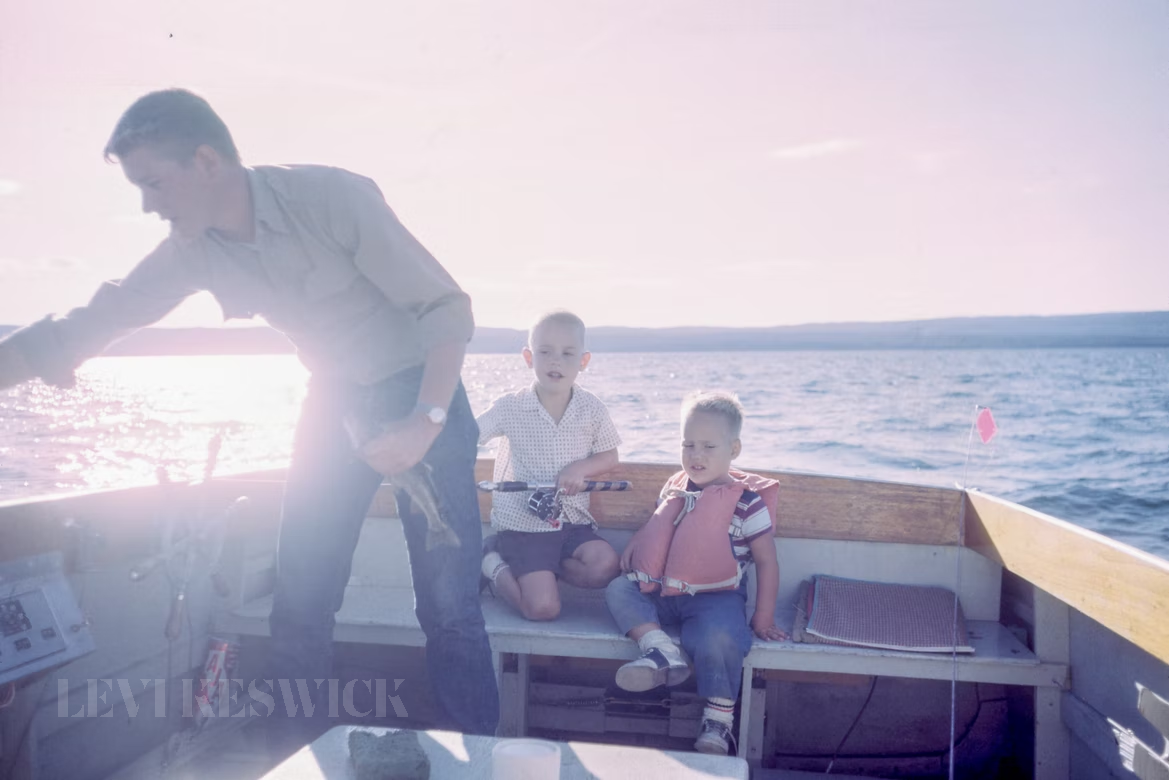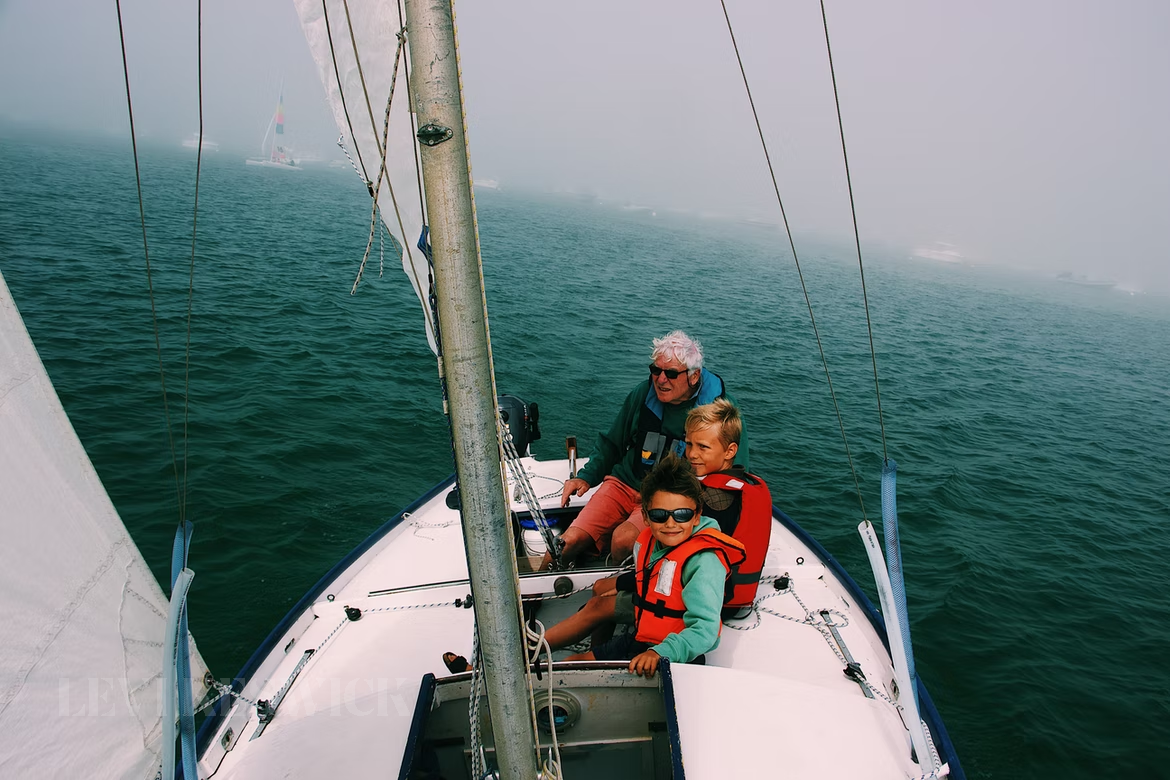As the weather gets warmer, many of us will spend more time on the water. Whether we are boating, fishing, or swimming, staying safe is important. Here are six useful tips for staying safe on a boat.
Wear a life jacket
Wearing a life jacket is one of the most important things you can do to stay safe on a boat. This may seem like an obvious one, but it can save lives. A life jacket will keep you afloat if you fall overboard and help prevent injuries if you are involved in a collision. Make sure that your life jacket fits properly and is comfortable to wear.
Have a list of people to contact in an emergency
Having a list of people to contact in an emergency is a useful tip for staying safe on a boat because it can help you stay safe. If you have a list of people to contact, you can quickly and easily get in touch with them if something happens. This can help you stay calm and collected in an emergency situation, and it can also help you get the help you need as quickly as possible. Have a loved one or relative’s phone number on hand in case of an emergency, and let them know where you are going and when you’ll be back. This way, they can come to your aid if needed. Also, if you get involved in a boat accident, having the contact information for your insurance company, your lawyer, and the local police department can be very helpful. You can contact your insurance company to cover the damage to your boat, while your lawyer will help you get compensation for boating accident injuries. The local police department will investigate the accident scene and create a police report. Knowing how to stay safe on a boat is essential, and having a list of people to contact in an emergency can help you do that.
Pay attention to the weather forecast before heading out on the water
The United States Coast Guard recommends that boaters check the weather forecast before heading out on the water. This is because weather conditions can change rapidly, and it is important to be aware of potential hazards.
Thunderstorms, high winds, and waves are some dangers boaters can face during severe weather conditions. By checking the forecast before heading out, boaters can be better prepared and avoid potentially dangerous situations. If thunderstorms are expected, consider postponing your trip or finding an alternative activity.
In addition to checking the weather forecast, the Coast Guard also recommends that boaters dress appropriately for the conditions. As mentioned earlier, wearing a life jacket is also recommended, as it can help keep you safe in an accident.
Stay aware of your surroundings
Staying aware of your surroundings is one of the most important things you can do to stay safe on a boat. Whether you want to go fishing or take a vacation. By being aware of what is happening around you, you can help avoid potential hazards and keep yourself and others safe.
Here are some tips on how to stay aware of your surroundings while on a boat:
- Stay alert when navigation aides are in use. This includes paying attention to buoys, markers, and other navigational aids when they are in use. By doing so, you can help to avoid running aground or hitting obstacles in the water.
- Be aware of other boats in the area. This includes knowing where they are and what their intentions are. If you are unsure about another boat’s intentions, it is best to stay clear.
- Be aware of swimmers and other people in the water. This includes keeping an eye out for people who may be swimming near your boat or in your path. Remember to give them plenty of space and never operate your boat in a crowded area.
- Be aware of your limitations. This includes knowing your abilities and limitations when operating a boat. If you are not comfortable with something, do not do it.
Following these tips can help ensure that you are aware of your surroundings while on a boat. This will help you to avoid potential hazards and keep yourself and others safe.
Don’t overload your boat
Overloading your boat can be extremely dangerous and is one of the leading causes of boating accidents. It can cause your boat to become unstable, making it more difficult to control and increasing the risk of capsizing or sinking. Additionally, overloading your boat can make it harder to navigate and increase the likelihood of a collision.
To avoid overloading your boat, always check the capacity plate which is usually located on the stern (rear) of the boat. This will indicate how many people and how much weight the boat is designed to carry safely. When packing your boat, distribute the weight evenly throughout and ensure that heavy items are stored low down and close to the ship’s centreline. If possible, avoid carrying excessive amounts of fuel or water as this can also add to the weight of the vessel.
Take a boating safety course
Many people don’t realize that taking a boating safety course is not only a good idea, but can also be required by law in some states. Boating safety courses cover everything from proper boat handling to emergency procedures. A boating safety course will give you the knowledge and confidence you need to operate a boat safely.

Following these simple tips can help keep yourself and your fellow passengers safe on the water. Remember, safety should always be your top priority when enjoying any boating activity.








